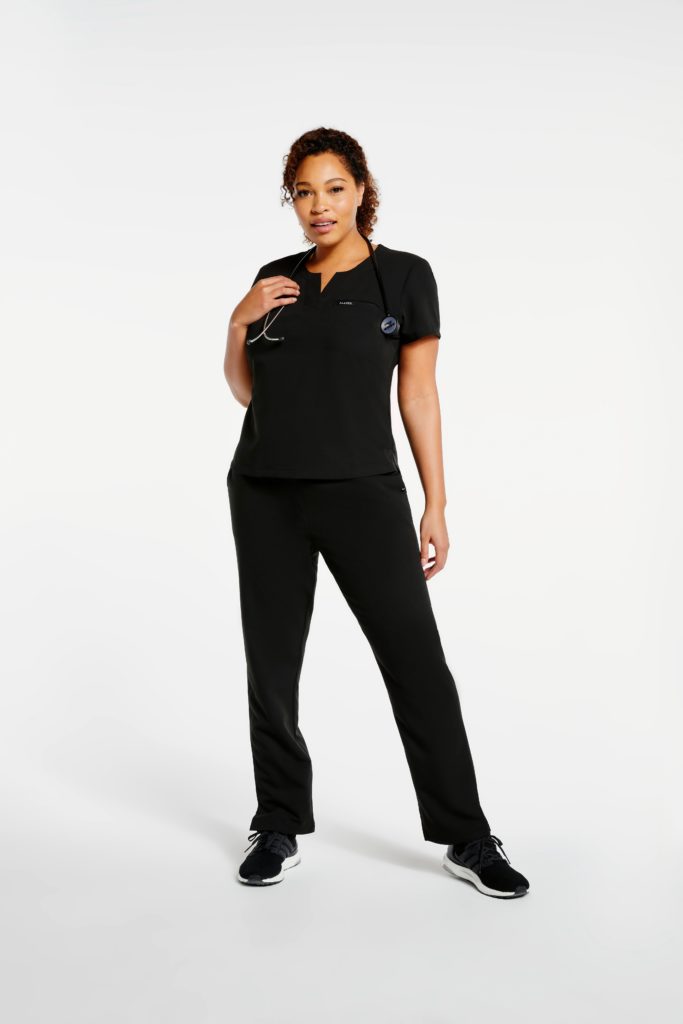
The Best Tips for Staying Awake on Night Shifts
As an essential worker, you’re already a superhero. But sometimes, your superpowers take a hit when you’re tired. That’s when it’s time to supercharge your energy.
Surely, you knew how to stay up all night in college, but times change. Somehow staying up all night on the job is less fun than hanging out with your friends until the break of dawn. But if you’re on the night shift, you’ll need to learn how to keep yourself awake for your patients and yourself.
Read on to learn how not to fall asleep on the job with things that keep you awake (spoiler alert: the answer isn’t just caffeine).
The best tips for staying awake on night shifts
Perhaps you got stuck with the night shift. Or perhaps you chose it for yourself (after all, it does come with some benefits that we’ll discuss below). Whatever the case, you’re here now, so it’s time to learn how to stay awake at work.
Make a sleep plan
Night shift workers have to think differently about the way they sleep. When others go home to eat a leisurely dinner and relax, night shift nurses pack up their stethoscopes to head off to the hospital. Not sleeping at night can knock your circadian rhythm out of whack, so night shift workers face an additional challenge.
No matter your schedule, one thing is true: You should keep consistent sleep patterns. That means that even if you work at night, you should go to sleep at the same time every day. You may have to transition to this new sleep schedule over a few days, but once you establish it, stick to it.
If you have trouble with a daytime sleep routine, try to improve your sleeping space and conditions. Invest in black-out curtains or an eye mask, turn off your phone (or leave it in another room), wear earplugs and avoid stimulating activities before bed.
Short naps are part of a solid sleep plan for night shift workers. A 10-20 minute “cat nap” can energize you. Many recommend taking this power nap right before going to work.

Have a caffeine plan
It may sound counterintuitive, but caffeine isn’t necessarily the answer to how to not be sleepy. A moderate amount of caffeine may get you going, but too much coffee, soda or energy drinks can backfire.
We recommend drinking your cappuccino at the beginning of your shift to boost energy if you like caffeine. Then, stay away from the stuff. If you have a caffeinated drink toward the end of your shift, you may arrive home full of energy instead of a desire to sleep, which is what your body needs.
Eat and drink well
On the night shift, eating nutrient-rich meals can help you power through a shift. Avoid heavy, fatty dishes, and opt for healthy snacks like dried fruits and nuts to avoid the temptation of the greasy treats in the vending machine or those cookies left out in the break room.
Finally, drinking plenty of water is a must. It powers many of your bodily functions and simply helps you feel good, too. Water can help night shift workers stay alert and concentrated, and it can also help keep your skin glowing.

Exercise
We know it can be challenging to squeeze in gym time when you work all night. You don’t have the luxury of getting out of a 9-5 shift and hitting the gym or taking a yoga class before bedtime.
But try to squeeze in a walk or run, if that’s your thing. You also naturally walk during your job, and this exercise counts. If your role is relatively stationary, try to get up and move during your shift. If you can get outside for a break, do it.
Quick tips
Our number-one recommendation on how to feel more awake during a long shift is to establish good routines and habits like those listed above. And you can supplement those lifestyle changes with these “stay awake” tips:
- Use energizing scents like citrus or peppermint.
- Take breaks whenever you can.
- Work in an area with bright lights.
- Listen to upbeat music (just make sure your co-workers are okay with it).
- If possible, don’t take on rotating shifts (they can force you to bounce between different sleep patterns).
How to get good sleep after an all-nighter
If you’ve just gotten home from a long nighttime shift and are crawling the internet for tips on how to fall asleep—we get it. Here are some tips to help you doze off:
- Darken your space and avoid looking at your phone’s blue light.
- Stay away from coffee and alcohol before bed.
- Use a white-noise machine or earplugs to eliminate outside sound.
- Avoid smoking before bed.
- Limit screen time before bed.
- Get regular exercise (just not right before hitting the hay).
- Avoid large or heavy meals before bed.
- Consider taking melatonin (after checking with your doctor).

The benefits of working the night shift
One might not think of working the night shift as a good thing, but it does have its perks. Maybe you were that college student who knew how to stay awake after an all-nighter. Then, you might know how to stay awake when tired, and this shift may be just the thing for you. Here are some of the graveyard shift’s top advantages:
- There are plenty of job offers for these hours.
- These roles provide opportunities for upward mobility at work.
- You can attend to things at home and your family during the day (when you’re not catching Zs, of course).
- You may receive better pay than you would for working the day shift.
- Night shifts can be more relaxed as patients are usually sleeping. That can also lead to your being able to take more breaks or squeeze in some study time.
- There may be fewer pesky administrative tasks for those who work night shifts.
- You’ll bond with your colleagues (after all, you’re in it together!)
As a healthcare professional, you’re our priority, morning, noon, and night. We’re as happy researching ways to help you have the right amount of sleep as setting you up with great scrubs. We’re there for you at home and work no matter the time of day.